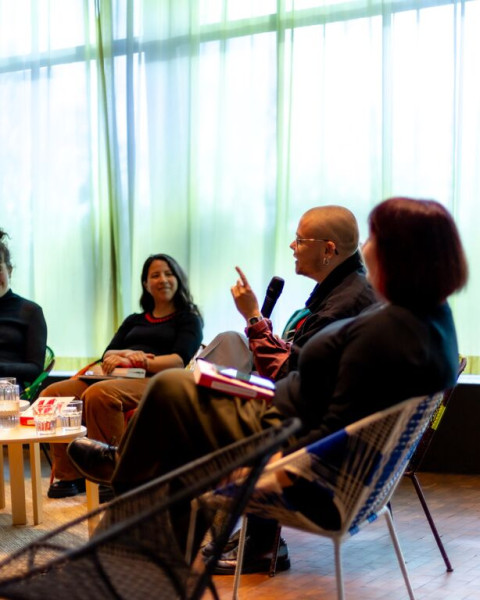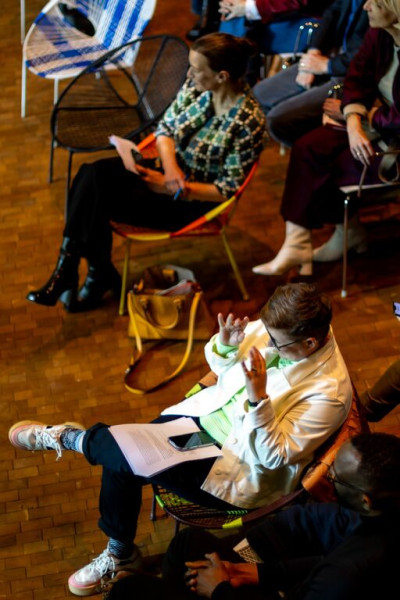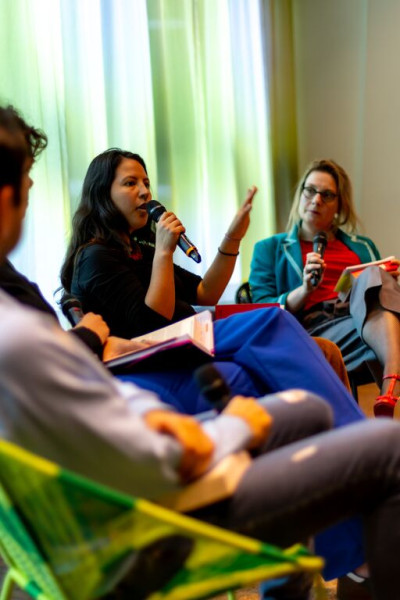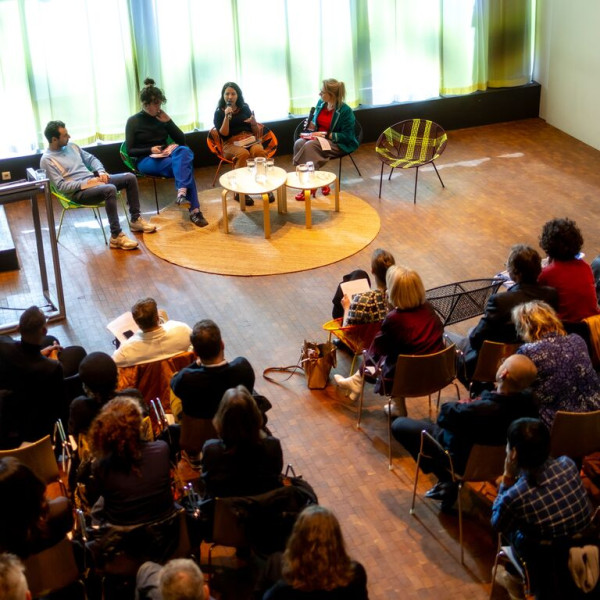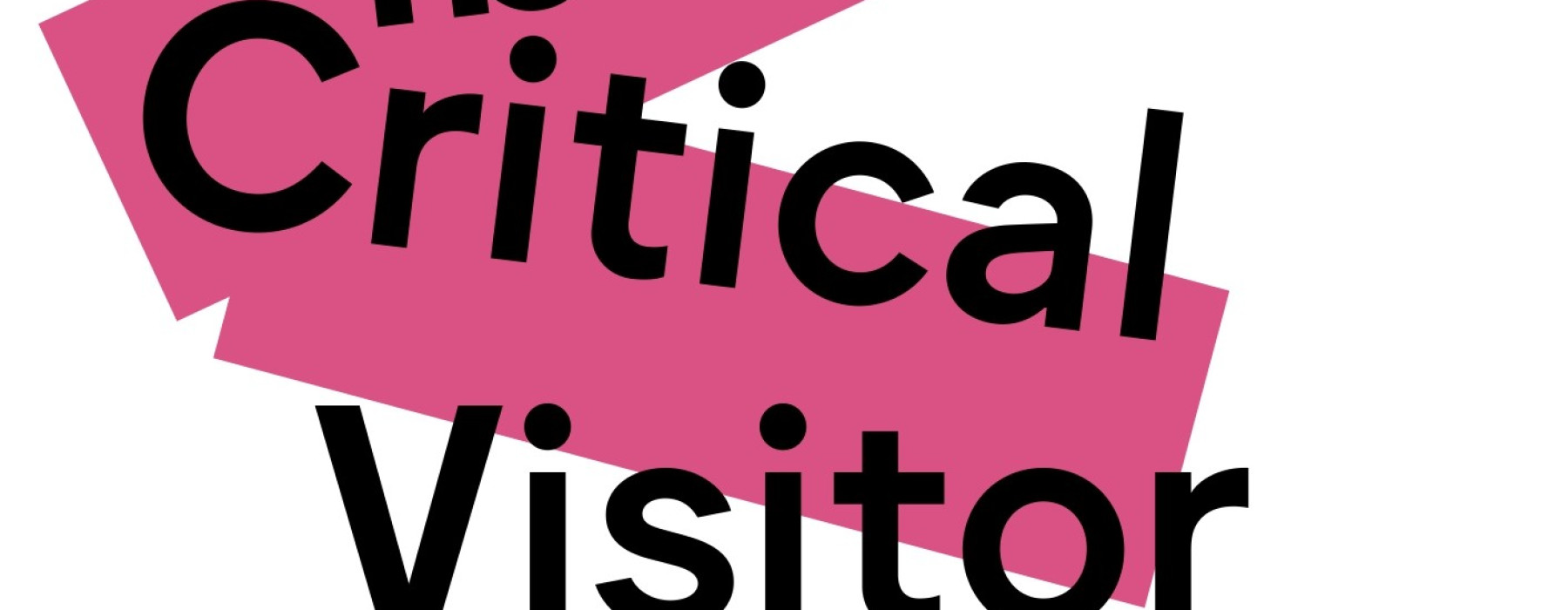
This publication discusses current museological and archival practices that integrate intersectional approaches to redress the critical matter of uneven cultural participation and to address the demands made by critical visitors who have been historically marginalized within a cultural context. The book aims to develop more self-critical approaches to practices conducted by those in and adjacent to museums and archives, especially for how they might fall short, perpetuate, or be frustrated by systems of inequality. By sharing these reflections from cultural heritage professionals working in the Netherlands, we hope to foster a more open atmosphere, further an agenda of social justice, and provide critical vocabulary and examples to other readers who may face similar struggles. We focus on the approaches offered by intersectionality, and the practices of accessibility and inclusivity, which might also go by other names (diversity, equity, belonging, anti-racism, queering, cripping).
The small edition is meant for students and professionals in the heritage field, scholars keen to understand the state of the art of the Dutch cultural sector, and other interested and involved readers. It brings together shared experiences and reflections from professionals collaborating with and working within cultural institutions in the Netherlands. It draws heavily from the fifteen scientific, public and private partners who joined in the Critical Visitor project’s Field Labs, a research format that was described as “Testing Intersectional Approaches to Inclusive Actions at Museum and Archive Sites.” In shaping the volume, the editors have been inspired by the generative provocations and learnings from the five Field Labs. The essays herein will contain reflections from practitioners on how their inclusivity and accessibility practices work, what and who they produce, what emotions are active and inactive, what ethical horizon they are oriented towards, what logics organize their practice, what concepts give it form. The contributors also investigate the nitty-gritty of process to examine the emotions that color and shape intersectional experiences of practicing diversity and inclusion: the impatience, the effort of channeling cooperation, the sharpness of guilt and shame, and the exhaustion of dirty feminist work.
